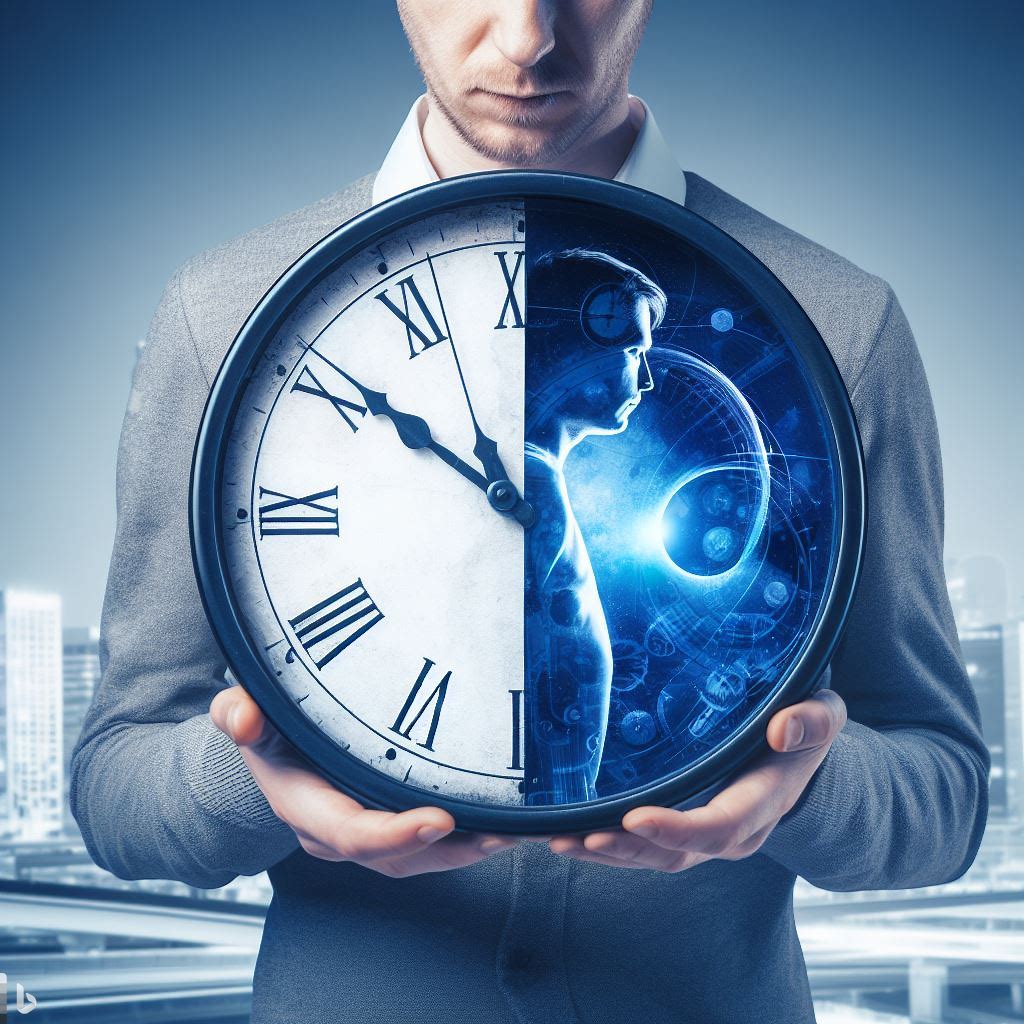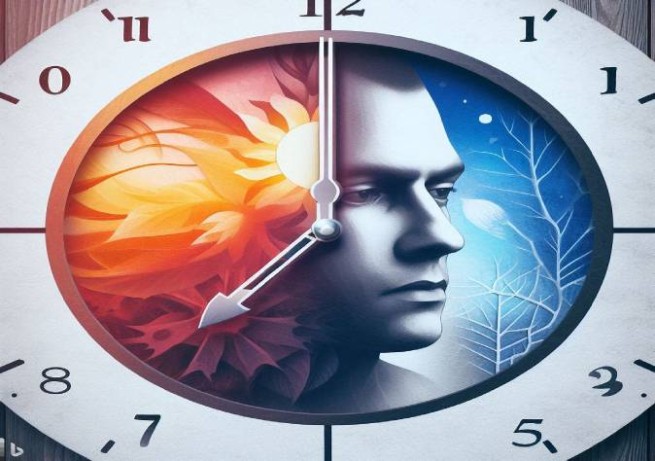Scientists have set themselves the task of studying how the transition to winter or summer time affects human health.
On the night from Saturday to Sunday, from 28/10 to 29/10 2024, Greece and other countries once again switched to winter time, although this measure was EU were going to cancel even before the pandemic.
Usually, a few days before the onset of hour “X” (time change), a discussion begins about the appropriateness of this measure. In particular, scientists and competent people discuss whether this helps to save energy and, if so, to what extent. Nevertheless from doctors Another question arises: how can changing time affect human health.
Relevant studies conducted in the past provide an answer, and it is… disappointing, as stated in an article on the Harvard Medical School website. The text refers to the time change, which is expected to happen again at the end of March 2024, when we switch to daylight saving time.
“This one-hour change may not seem like much, but it can be detrimental to people’s mental and physical well-being in the short term,” says Dr. Charles Zeisler, professor of sleep medicine in the department of sleep medicine at Harvard Medical University.
According to the publication, Daylight Saving Time can disrupt circadian rhythms—the body’s natural 24-hour cycles that regulate basic functions such as appetite, mood, and sleep.. Circadian rhythms are largely dependent on lighting. The springtime change initially results in darker mornings and brighter afternoons. However, less morning light can reduce levels of the mood-boosting serotonin.
Conversely, exposure to light in the late afternoon can delay the production of melatonin, the hormone that helps you fall asleep. Many people also find it difficult to adjust their sleep schedule to the new time. IN In the first few days or even a week after the clock change, they may go to bed later or wake up earlier than usual, which can cause sleep deprivation.
One study found that the average person slept 40 minutes less on the Monday after daylight saving time compared to other nights of the year.

“Disturbed sleep can make people feel tired and less focused,” says Dr. Zeisler. This may beastically explain the 6% increase in traffic accidents after the spring transition, according to a 2020 study published in the journal Current Biology.
Bad dream maybe also aggravate existing problems such as depression, anxiety and seasonal affective disorder. People can take steps to ensure that changing the hands of the clock does not take a significant toll on the body and mind. Dr. Czeisler suggests several different approaches:
- Change your bedtime. About three days before the time change, go to bed and wake up 10-15 minutes earlier than usual. The next night, try to do this for 20-30 minutes, and on the third night, 30-45 minutes. “By the end of this period, your body will have adjusted to the lost time, and you won’t feel stressed trying to quickly catch up,” says Dr. Zeisler. Take an Afternoon Nap: If you feel tired in the afternoon after Daylight Saving Time starts, take a 20-30 minute nap (long naps can make you feel even more sluggish).
- More light: During the first week after changing the time, try to be exposed to morning light for about 15 minutes, which will help maintain your circadian rhythm. Another option is to use a light box that emits bright white light. Select a light box with an exposure of 10,000 lux (lux is a measure of light intensity). Sit about 30cm away for 30 minutes. Keep your eyes open, but don’t look directly at the light. Spend time reading, writing, or just being present.
- For a few days after changing the time, delay starting your daily routine by one hour. For example, if you go for a morning walk at 8 am, wait until 9 am. Gradually reduce your start time by 10 to 15 minutes. Within a week, your body clock should reset to the new time. Limit your alcohol and caffeine intake. Reduce your alcohol and caffeine intake in the days before and after the time change, as they may disrupt your sleep.







More Stories
What to do if attacked by a dog (video)
Greece – a paradise for gourmets
Message from AEK and PAOK fans in defense of Esphigmenou Monastery